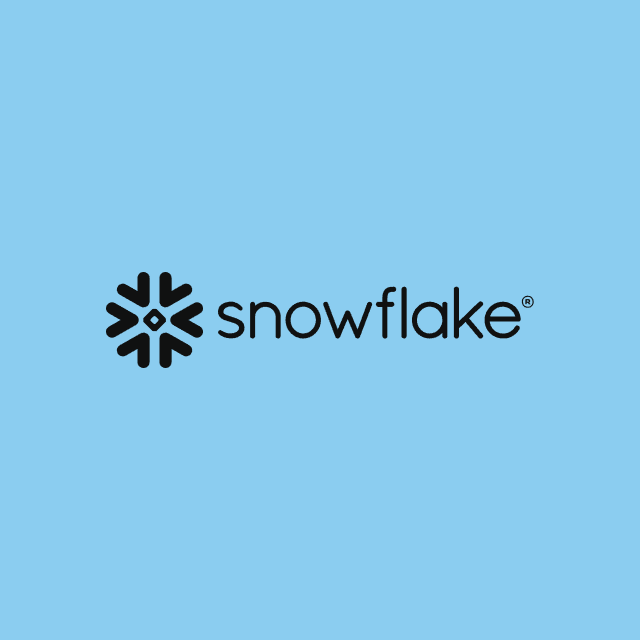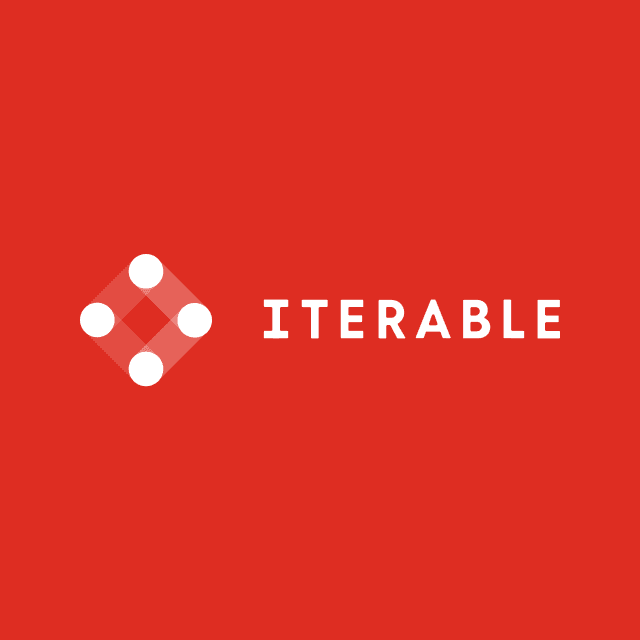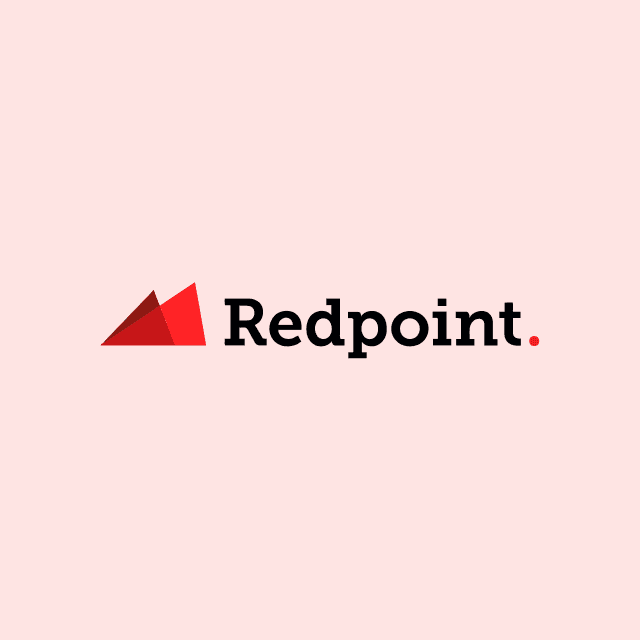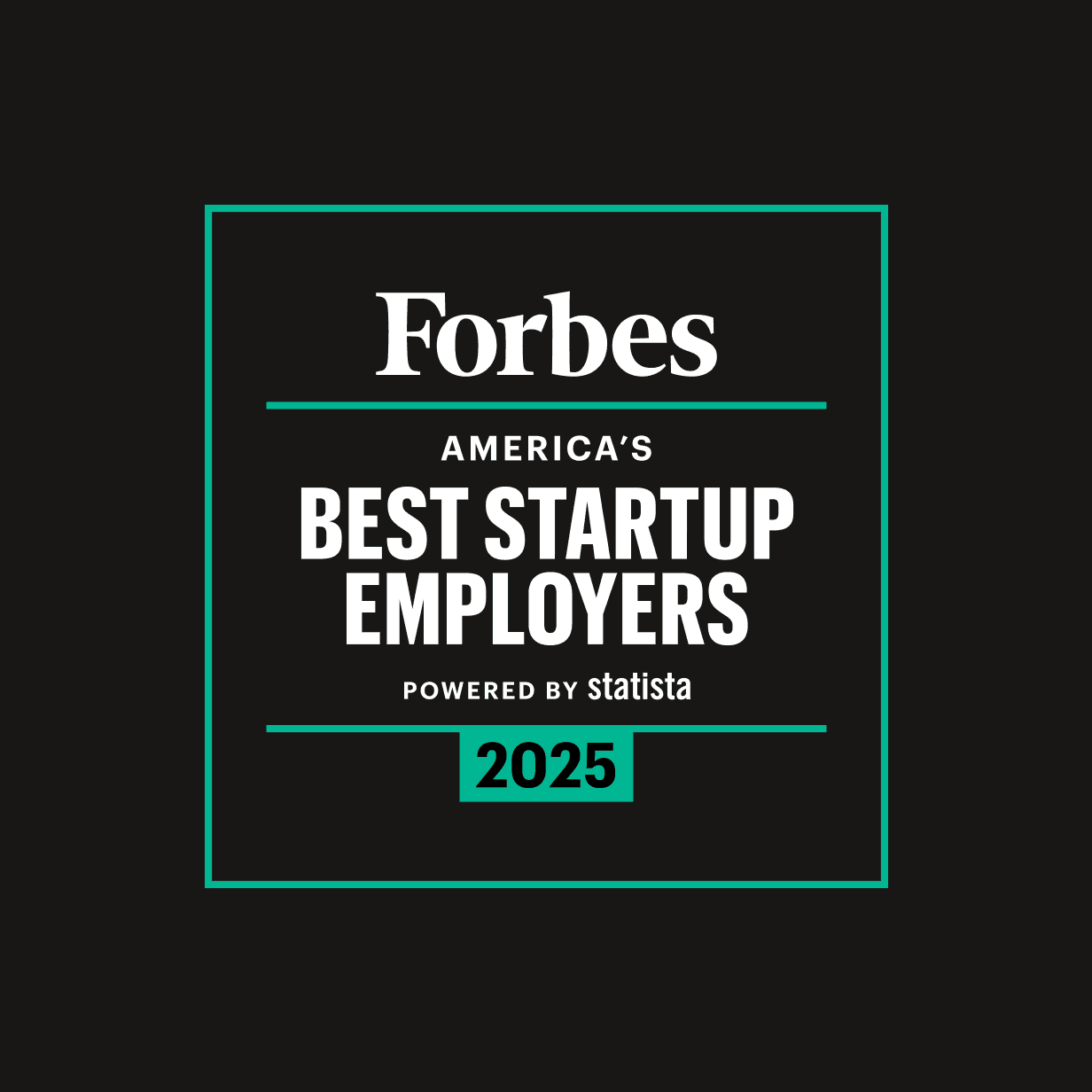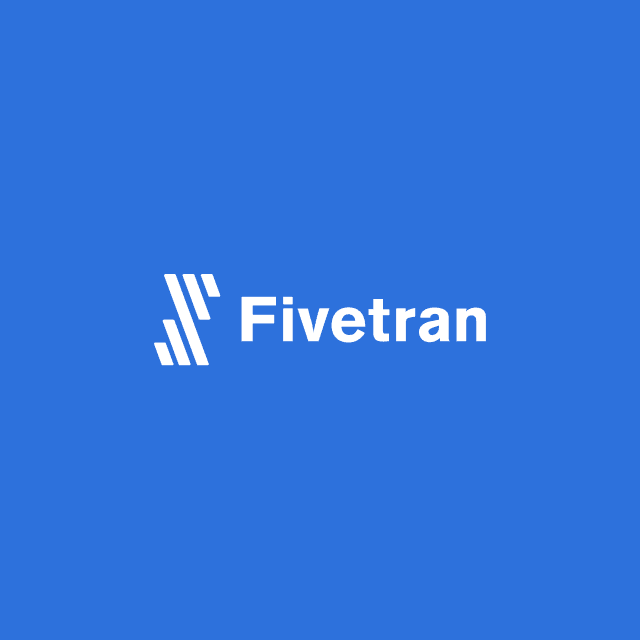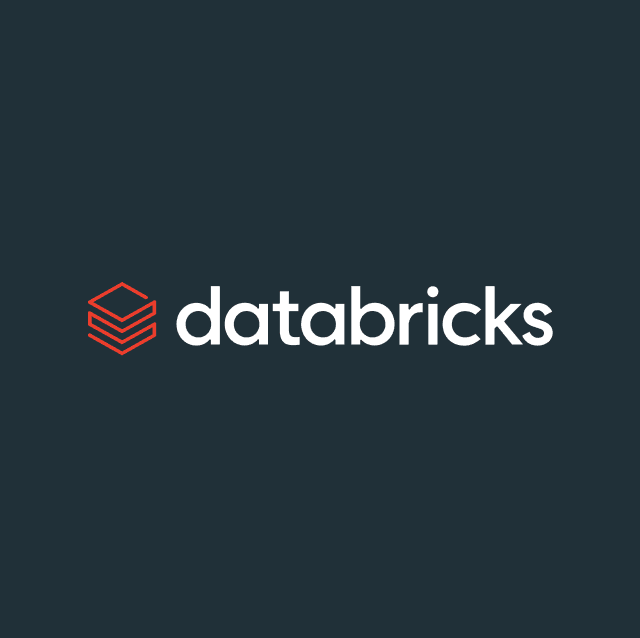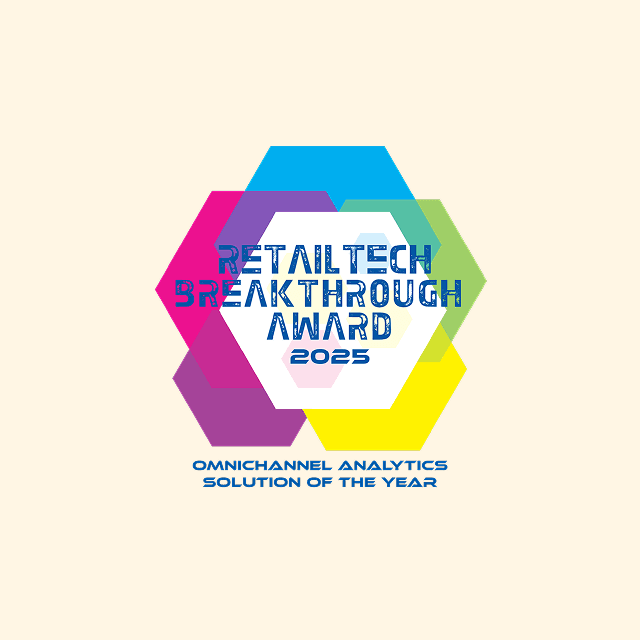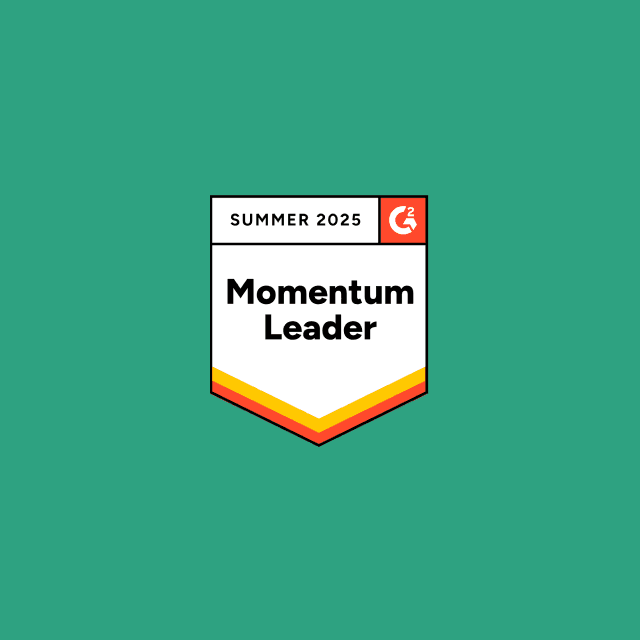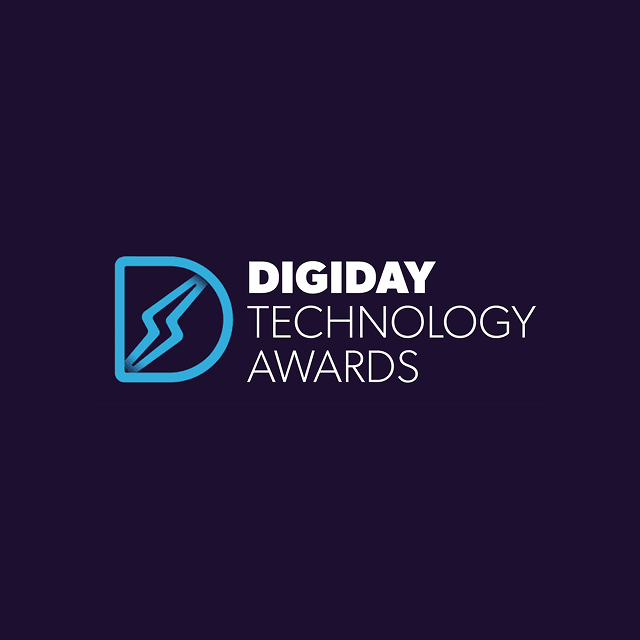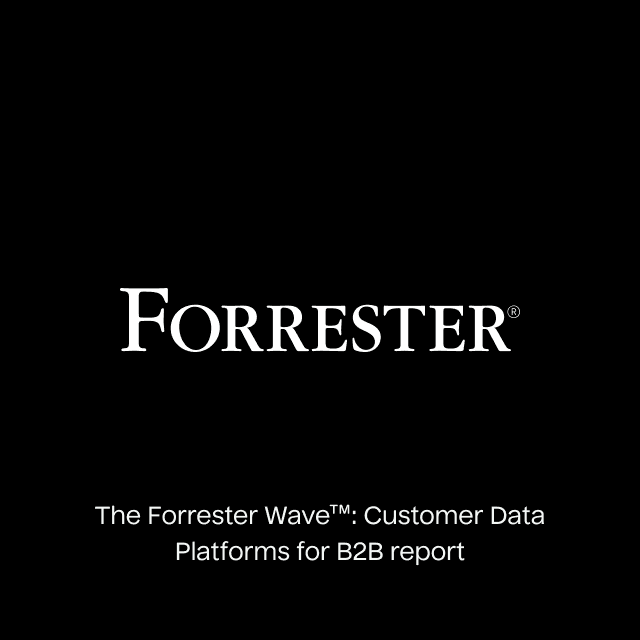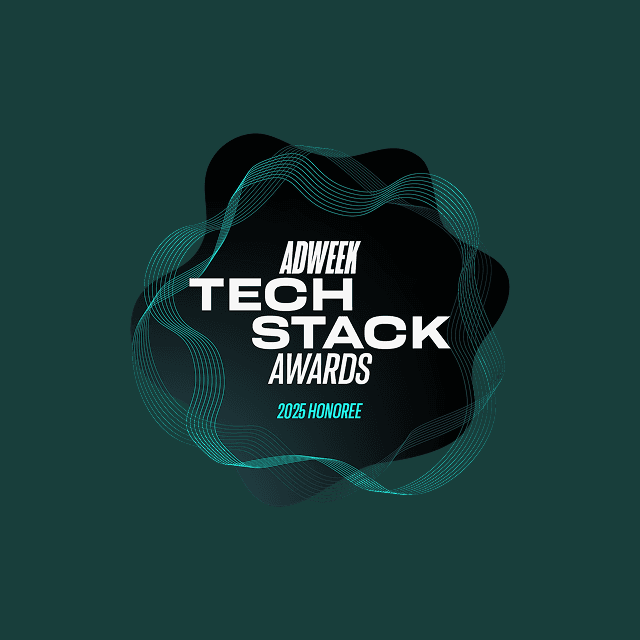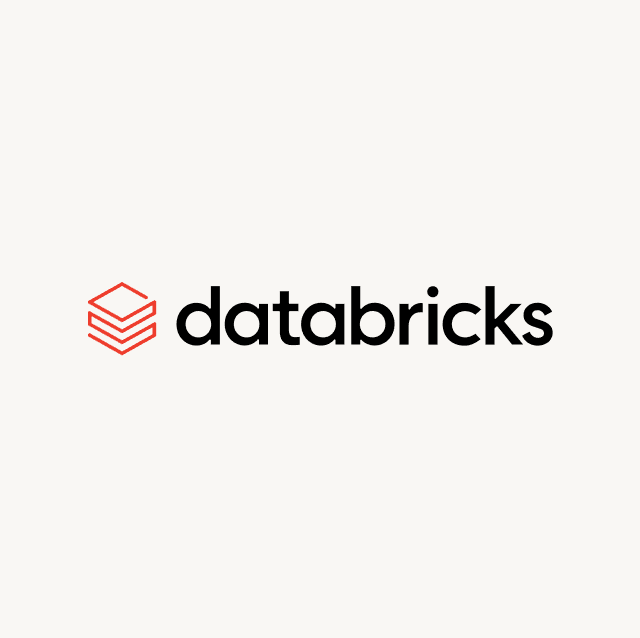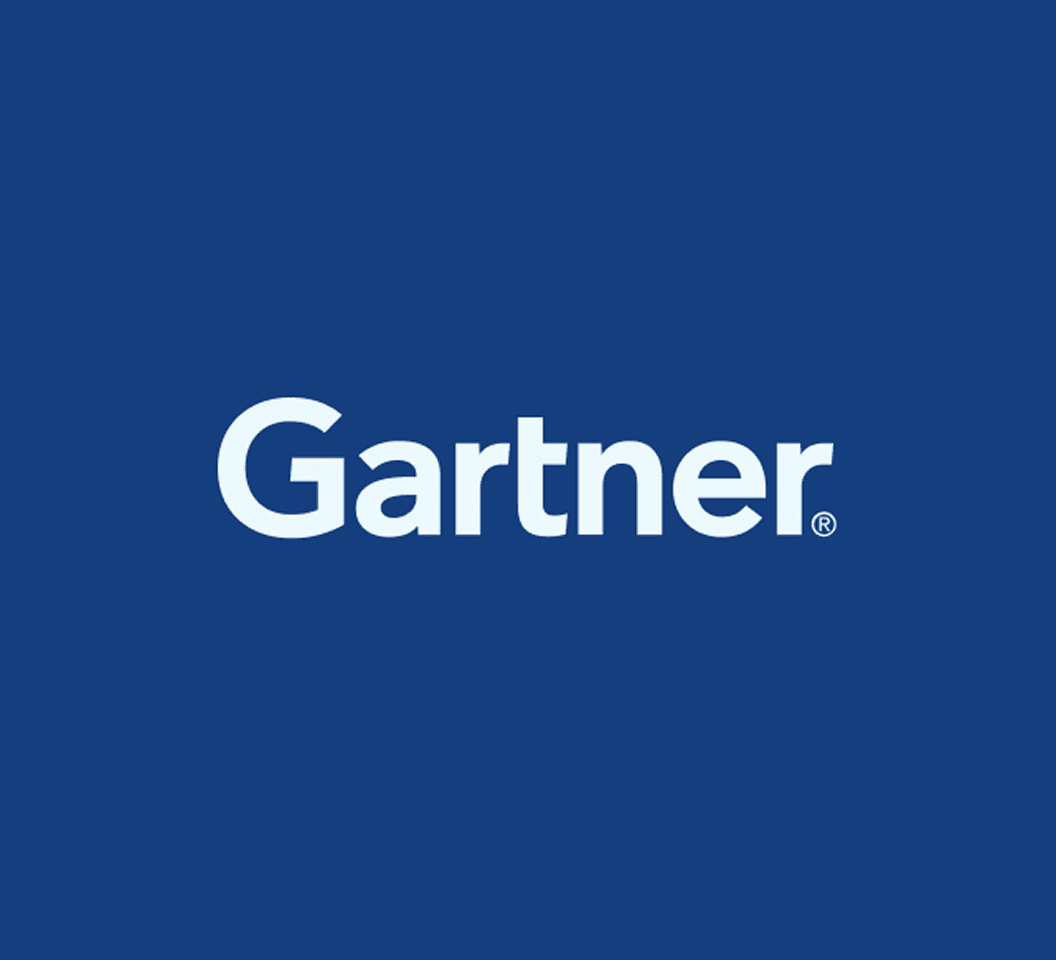Every company is racing to implement AI into their business, with Google, Microsoft, Amazon, and Meta reporting spending more than $320 billion on AI. However, the real breakthrough isn’t just adding AI; it’s deploying AI agents that autonomously manage entire workflows. The companies that move fastest on agents aren’t just achieving better lead generation or productivity; they’re creating compounding advantages that their competitors can’t match.
What are AI marketing agents?
AI marketing agents are software applications capable of performing tasks autonomously through artificial intelligence. They can collect information, make decisions, execute actions, and offer feedback, all with little human intervention.
The real power of AI marketing agents isn’t just in the range of tasks they can handle; it’s in the scale at which they operate. Instead of simply generating a handful of headlines, these agents can run entire campaigns across platforms like Facebook and LinkedIn. They don’t just write copy; they launch, monitor, and optimize. By taking over the repetitive execution work, they free you up to focus on the big-picture strategy and creative thinking that truly moves the needle.
How do AI marketing agents work?
AI marketing agents leverage a combination of core technologies to optimize campaigns and drive better results. These technologies include:
- Natural Language Processing (NLP): Powers content generation and chatbots, allowing AI to comprehend and create human-like text for improved communication and engagement, and enabling marketing agents to personalize messaging and optimize SEO based on user intent.
Machine Learning: Analyzes historical data to forecast outcomes such as conversion rates and campaign performance, helping marketing agents segment audiences, predict churn, and dynamically optimize content.
Reinforcement Learning: Continuously enhances decision-making by learning from the results of past actions, allowing marketing agents to autonomously optimize budgets, bids, and personalization in real-time.
Agents interact with external systems through APIs (Application Programming Interfaces), which allow them to request and exchange data across platforms. A newer, AI-specific standard, the Model Context Protocol (MCP), serves as a universal connector, providing a consistent interface for agents to access and integrate with other systems.
Marketers guide these agents by setting goals (such as improving email open rates or boosting ad performance) and defining guardrails to control their behavior (for example, preventing emails from being sent at midnight). After executing tasks, the AI evaluates its inputs and outcomes, using this feedback loop to refine its strategies and improve future performance continually.
Benefits of using AI marketing agents
AI marketing agents are removing traditional constraints for small marketing teams, giving them the capabilities, speed, and insight once reserved for enterprise giants. These agents automate tasks with unmatched scale and precision, enabling lean teams to execute high-impact campaigns, generate personalized content, and uncover actionable insights faster than ever. Powered by advanced machine learning, AI marketing agents don’t just support your strategy; they supercharge it by:
- Increasing experimentation velocity: AI accelerates the pace of learning by running countless personalized tests simultaneously, helping marketers discover what resonates faster than traditional A/B testing ever could.
- Performing hyper-personalization that scales: AI agents autonomously analyze individual customer behavior and context to deliver true one-to-one personalization, replacing generic, segment-based approaches with scalable tailored experiences.
- Unlocking new customer insights: AI-driven experimentation uncovers hidden patterns and behaviors, generating actionable insights that fuel more relevant campaigns, personalized offers, and improved customer and revenue outcomes.
How to measure the impact of AI Agents?
Before scaling AI, it’s essential to define what success looks like and identify the core levers AI can influence: quality, velocity, and outcomes. Frame these within an “old world” vs. “new world” context, how things operate today versus what AI can unlock. Are you aiming for higher-quality outputs, faster execution, more personalized experiences, or increased campaign volume? Perhaps your goal is stronger targeting, improved open rates, or a better return on ad spend. Clear, focused objectives tied to these levers make evaluating progress and making informed decisions easier.
To measure impact, first establish a baseline: how long tasks take, your current output volume, and key performance metrics like engagement or cost. Then, weigh the benefits, both tangible and intangible. AI can automate repetitive work, free up time for strategic initiatives, and enhance team morale.
Should you replace your marketing team with AI Agents?
The short answer is no; you shouldn’t replace your marketing team with AI. While it might seem tempting, especially given the explosion of AI tools, doing so overlooks a critical truth: AI is only as good as the person using it. These systems don’t inherently understand your business, customers, or strategy the way humans do. Although AI can incorporate context from data, it lacks the intuition and judgment to fully grasp what will resonate or convert. Your team’s domain expertise provides AI with its real value, guiding it to understand what “good” looks like and ensuring that outputs align with brand and business goals rather than generating content in isolation. AI should be viewed as a creative multiplier, not a replacement. It works best when guided by individuals who can think critically, evaluate outputs, and add the strategic and creative nuance that machines simply can’t replicate.
Key use cases for AI marketing agents
By augmenting marketing teams with AI agents, businesses can unlock new levels of personalization, creative output, and market awareness. The following use cases illustrate where AI delivers the most impact.
- Personalization: AI agents enable true one-to-one personalization at scale, which is essential for growth and retention. Instead of broad segmentation, AI dynamically adapts content, offers, and timing based on individual behaviors and preferences. For example, in lifecycle marketing, an AI agent can recommend complementary products based on a customer’s purchase history, like suggesting accessories or upgrades that align with prior orders.
- Generation: AI agents streamline the creation of ad creative and marketing copy across the funnel. In acquisition, they generate and test variations of headlines, ad text, and social copy to improve engagement and conversion. For existing customers, agents can produce personalized email copy, product recommendations, and promotional messages tailored to purchase history and behavior. By automating copy and creative development, marketing teams can scale experimentation and output without sacrificing brand voice or quality.
- Research: AI agents can proactively monitor competitor blogs, changelogs, and press releases, perfect for brand and product marketing teams shaping positioning and messaging. For example, an AI agent might track a competitor’s feature releases and highlight a trend like “accelerating AI feature launches,” which can inform growth strategy and campaign planning. AI can also listen to customer feedback across social and support channels in retention marketing to detect early churn signals or feature requests.
Types of AI marketing agents
AI agents fundamentally serve four core functions: they make decisions, execute tasks, uncover insights, and create creative. These capabilities can be applied across specialized marketing roles, amplifying your team’s impact across the funnel.
- Lifecycle agents drive personalized engagement throughout the customer journey. They decide when to send messages, what content to include, and the time of day. They execute automated journeys, test variations, and highlight insights such as drop-off points or high-performing sequences, all aimed at enhancing retention and growth. For example, they can automatically select the best onboarding email variant based on user behavior and send it at the optimal time to boost activation.
- Growth agents are designed to maximize performance in customer acquisition. These agents handle optimization tasks (e.g., budget allocation and bid adjustments), automate creative testing, and generate ads across platforms. They also analyze performance and flag anomalies so you can act quickly. For example, they can adjust Meta ad budgets daily based on ROAS trends and pause underperforming creatives without manual intervention.
- Creative agents generate and adapt content across formats and channels. They support everything from blog writing and social copy to video scripts and image generation. They can also repurpose long-form content into bite-sized assets for various funnel stages. For example, they can turn a long-form product webinar into a blog post, a LinkedIn thread, and three email snippets, all tailored to different funnel stages.
- Execution agents focus on execution. These agents handle behind-the-scenes tasks such as publishing to CMSs, updating metadata, building dashboards, and managing tags. They enhance workflow velocity and decrease the time spent on manual, repetitive work. For example, they can publish blog drafts from Google Docs to the CMS, format headers, update meta descriptions, and schedule posts.
AI marketing agent tools
AI marketing agents are designed to automate, optimize, and enhance various marketing tasks, from content creation to campaign management. Below is a list of top tools in different categories:
- Hightouch AI Decisioning sits on top of your data warehouse or CDP to automate and personalize marketing decisions, providing 1:1 personalization and allowing you to scale beyond human capability. The platform continuously experiments and learns to optimize outcomes such as customer lifetime value and open rates, while offering full transparency into each decision and the reasoning behind it.
- OfferFit is an AI-powered platform that replaces traditional A/B testing, using machine learning to deliver personalized content, timing, and offers, acting as a decision layer between your data and marketing tools to boost engagement and conversion through continuous, data-driven optimization.
- Salesforce Agentforce suite includes AI-powered, agent-driven tools for launching marketing campaigns, creating targeted content, and driving unified customer conversations.
- Adobe Agent Orchestrator provides specialized AI agents to streamline processes, manage content, refine target audiences, and deliver personalized customer experiences.
Closing thoughts
Companies like Shopify and Fiverr are embedding AI into their core operations to remain competitive. Meanwhile, broader trends such as layoffs and CEO memos signal a clear urgency: adapt with AI or risk falling behind. Companies like Whoop and Fundrise are already using AI marketing agents and are seeing improvements in their business metrics.
If you’re ready to lead with AI, Hightouch is your marketing partner. Built for one-to-one personalization at scale, Hightouch helps you to automate campaigns, reveal insights, and deliver results with minimal manual effort. Book a demo today to see how an AI marketing partner can unlock smarter, faster growth for your business.




